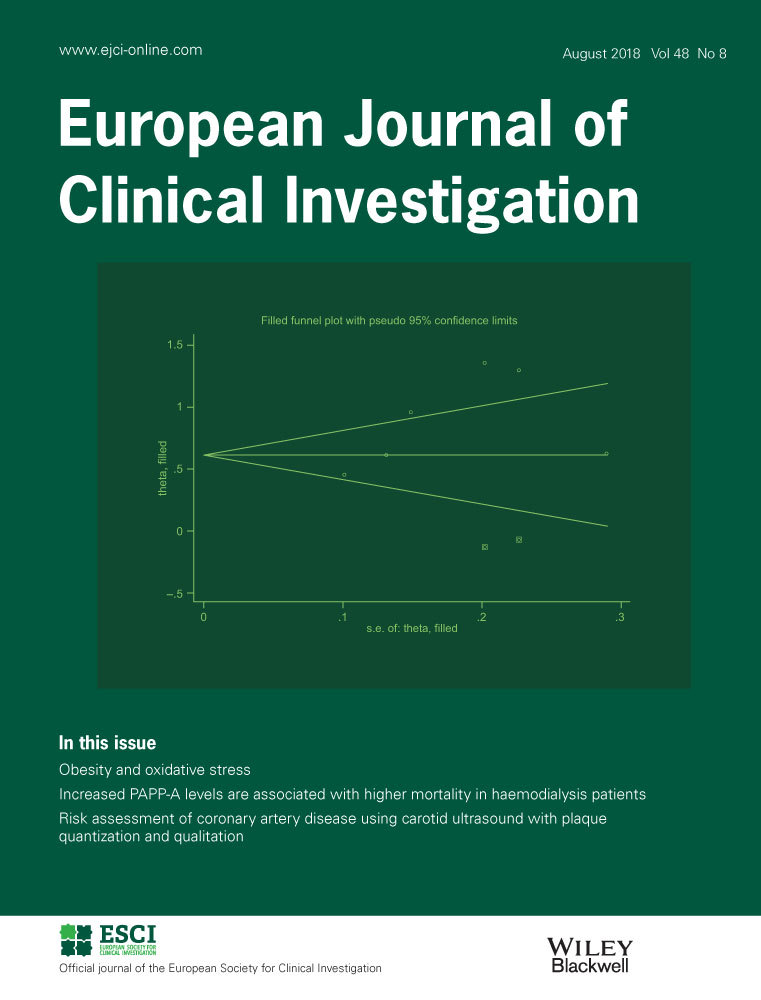Applications, challenges and future directions of artificial intelligence in cardio-oncology
Abstract
Background
The management of cardiotoxicity related to cancer therapies has emerged as a significant clinical challenge, prompting the rapid growth of cardio-oncology. As cancer treatments become more complex, there is an increasing need to enhance diagnostic and therapeutic strategies for managing their cardiovascular side effects.
Objective
This review investigates the potential of artificial intelligence (AI) to revolutionize cardio-oncology by integrating diverse data sources to address the challenges of cardiotoxicity management.
Methods
We explore applications of AI in cardio-oncology, focusing on its ability to leverage multiple data sources, including electronic health records, electrocardiograms, imaging modalities, wearable sensors, and circulating serum biomarkers.
Results
AI has demonstrated significant potential in improving risk stratification and longitudinal monitoring of cardiotoxicity. By optimizing the use of electrocardiograms, non-invasive imaging, and circulating biomarkers, AI facilitates earlier detection, better prediction of outcomes, and more personalized therapeutic interventions. These advancements are poised to enhance patient outcomes and streamline clinical decision-making.
Conclusions
AI represents a transformative opportunity in cardio-oncology by advancing diagnostic and therapeutic capabilities. However, successful implementation requires addressing practical challenges such as data integration, model interpretability, and clinician training. Continued collaboration between clinicians and AI developers will be essential to fully integrate AI into routine clinical workflows.


 求助内容:
求助内容: 应助结果提醒方式:
应助结果提醒方式:


